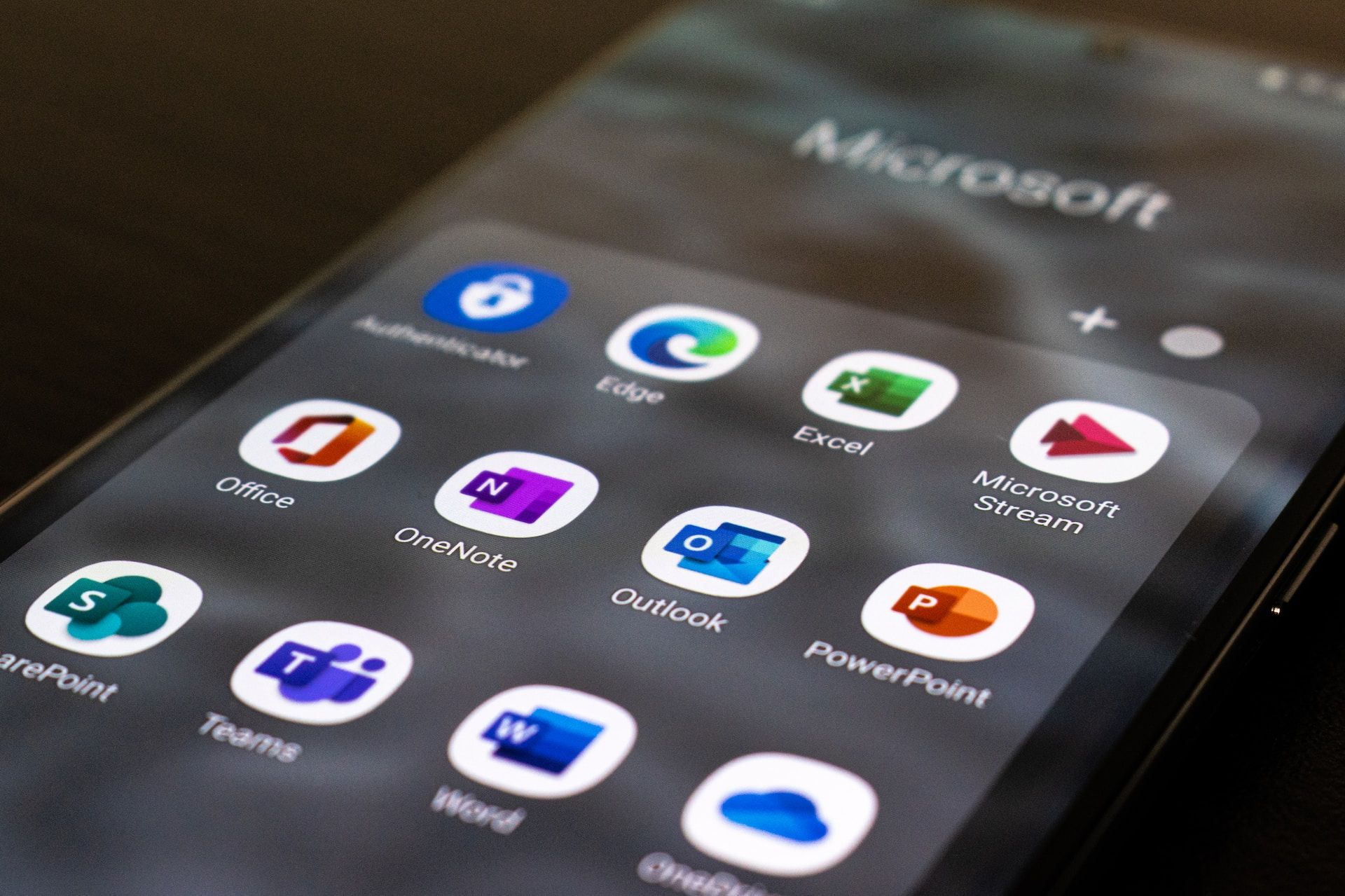How to Minimize Distractions When Working Remotely
Kordel Eberly
10 Tips to Help Improve Productivity

One study found that about 7% of U.S. employees regularly worked from home before COVID-19, and that number increased to about 60% during the COVID-19 pandemic. But is working remotely here to stay?
Even before COVID-19, working remotely was a highly sought-after perk of employment for many. One study found that 80% of employees want to work from home – at least some of the time, 35% of employees would change jobs for the chance to work remotely full-time, and more than 1/3 of all employees would be willing to take a pay cut of up to 5% in exchange for the opportunity to work remotely.
So, it’s no surprise that Gallup research found that three in five U.S. employees who have been working from home during the COVID-19 pandemic would prefer to continue working remotely.
Benefits of Working Remotely
Working remotely offers many benefits – for both employees and employers. Millennials rank flexibility as one of the top benefits of working remotely. Then there is the time and money saved on commuting to and from work and the ability to avoid office politics and develop more independence. For employers, allowing employees to work remotely can result in reduced office costs, access to a larger hiring pool, less absenteeism, lower salaries, and higher retention rates.
Another benefit of working remotely that has been cited is higher productivity. Higher productivity can only occur if employees can learn how to minimize distractions at home – housework, children, spouses, social media, web surfing, easy access to a TV, phone, etc.
So, whether you’re one of those employees forced to work from home due to COVID-19 or one of those employees who wants to convince your employer that you should continue working from home, learning how to minimize distractions, stay focused, and increase productivity is key to your success.
10 Tips to Minimize Distractions
1. Get Dressed
Some people consider working in their PJs as one of the perks of working from home, but getting dressed signals the start of your workday and helps you 1) maintain a schedule, 2) feel good about yourself, 3) set the tone for the day.
2. Create a Workspace
Ideally, you should have a home office – or a designated room - where you can close the door and shut out the rest of the world and where the only thing you do is work. If that isn’t an option, you should at least create a workspace where you have everything you need at hand – your computer, phone, pens, pencils, whatever you need to do your job. That way you don’t have to stop what you’re doing to look for what you need and everyone knows you’re working when you’re in that space.
3. Know What Distracts You
Know what distracts you and try to eliminate those distractions if possible. If you know that a sink full of dirty dishes will bug you and keep you from focusing on work, make sure the dishes are done before you start work. If you have a hard time ignoring unimportant texts from friends and family, turn off text notifications.
4. Maintain a Schedule
So many things we do are habit. By creating a schedule and sticking to it most days, you’ll create a habit that will make it more difficult to become distracted or deviate from that schedule.
5. Post Your Schedule
Let people – your family, co-workers, boss, etc. – know when you are and when you are not working. If you have an office and family members at home while you’re working, post your schedule on the door of your office.
6. Make a Plan
At the end of the day on Friday, Sunday evening, or Monday morning, take a few moments to plan out your week and designate specific goals for the week. Use a to-do list or calendar to remember what you need to get done and when and to help you stay focused on your priorities.
7. Set a Timer
Setting aside a block of time to get something done helps create a sense of urgency and minimizes the risk of getting caught up in a project and taking more time than you should to complete it. Setting a timer for breaks helps ensure that you take those breaks.
8. Take regular breaks throughout the day
Many people become burned out if they sit and focus on work for too long. Either schedule regular breaks or pay attention to how you’re feeling. If you feel your focus waning, stand up and do a few stretches, take a quick walk around the block, grab yourself a cup of coffee. You should be more refreshed and more focused when you sit back down to resume working.
9. Play Music
For many, playing music or an audiobook while working can help improve focus. Brain.fm offers “functional music to improve focus in 15 minutes,” using a science-based approach to creating music that sounds different and affects your brain differently.
10. Leave the House
For some, going to a coffee shop to work offers a change of scenery and an opportunity to get away from distractions at home.
BONUS TIP: Utilize Technology
Use technology to help keep you on track, work more efficiently, and get more done. Eberly Systems offers setup, training, and support for a variety of software tools that can help.
- Microsoft Exchange – Business-class email, calendar, and contacts on your PC, phone, and web.
- SharePoint Online – Allows you to create sites to share documents and information with colleagues and customers.
- Microsoft Office suite of applications - Allows you to use your browser to create, view and edit Word, Excel, PowerPoint, and OneNote files online using Office 365.
- Microsoft Teams (formerly Lync Online / Skype 4 Business) - Connect with others through team chat, instant messaging (IM), video calls, and online meetings.
We can help you choose the best software for your needs. Give us a call today at 610-374-4049 or f ind us online .











